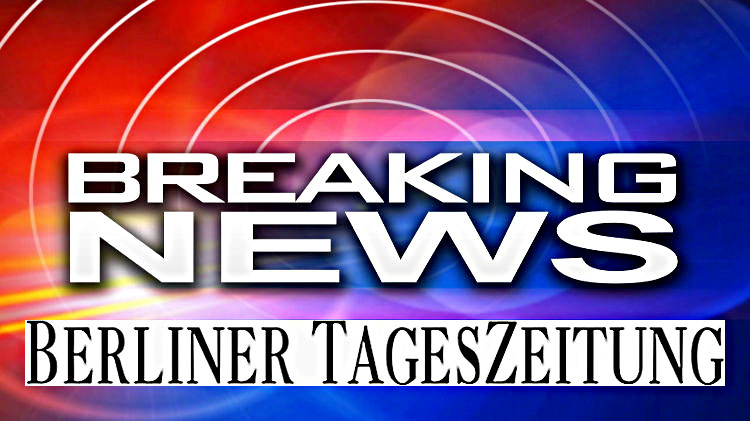
France's Macron replaces embattled education minister

French President Emmanuel Macron on Thursday replaced his education minister after a series of controversies, seeking to regain momentum for the final phase of his presidency under Prime Minister Gabriel Attal.
Macron reshuffled the cabinet with a tilt to the right on January 11 after naming Attal, 34, as France's youngest and first openly gay prime minister.
One of the key moves was putting former French junior tennis champion Amelie Oudea-Castera, already serving as sports minister, in charge of a super ministry comprising both sports and education.
But a series of controversies -- including her insistence that she sent one of her children to a private school because of lost teaching hours -- put her under pressure within hours of being appointed.
The presidency announced that she would be replaced by former justice minister Nicole Belloubet.
Belloubet, 68, a mild-mannered law professor, is seen as a safe choice to handle one of the most delicate posts in French politics.
However, Oudea-Castera kept her old role as sports minister, meaning she will keep her responsibility for the Olympic Games later this year.
Commentators had said her position had become increasingly untenable after it also emerged the elite Catholic private school she sent her three sons to was being itself investigated for homophobic comments in the classroom.
Speaking on television, Attal acknowledged a sense of "discomfort" provoked by Oudea-Castera but he defended her record.
Attal praised Oudea-Castera's "total commitment" to the job and her "great rigour."
- 'Pillar of political life' -
Earlier this week there had been speculation Francois Bayrou, head of the centrist MoDem that is allied to Macron's party and a key political ally of the president, could be on the brink of a return to the government.
Bayrou was acquitted on Wednesday in a seven-year case over the fraudulent employment of parliamentary assistants by his party, with the judge ruling he was owed the "benefit of the doubt".
But in comments that sent a shockwave through Macron's ruling alliance, Bayrou told AFP on Wednesday he would not enter the government, blaming a lack of "profound agreement on policy to follow".
He said he had been interested in the education ministry but "many discussions have led me to conclude there was a difference in approach on the method".
He said he was offered the defence ministry but refused because it was "the sector in French politics doing the best at the moment".
Bayrou had also last month publicly criticised the appointment of Attal, suggesting he lacked the experience for the role, although the premier denied tensions played a role.
"I have spoken several times with Francois Bayrou in recent days. Francois Bayrou is a pillar of French political life," Attal told France 2. "We agreed together that (he) was not necessarily the best solution for the ministry of national education."
Macron also finalised the reshuffle by completing the line-up of junior ministers who will join cabinet ministers in what the Elysee hopes will be a more streamlined government of 35 ministers including Attal.
MoDem kept four posts in the government, despite fears Bayrou's comments could spark a walk-out, including Jean-Noel Barrot who takes the post of Europe minister at the foreign ministry.
But Bayrou's moves provoked mockery from the opposition, with the leader of right-wing Republicans in parliament, Olivier Marleix, saying the reshuffle had descended into "one and a half months of cinema and theatre".
The January 11 reshuffle was seen as crucial by analysts in helping Macron relaunch his presidency after a series of setbacks and prevent a defeat by the far-right in June European elections and the next presidential elections in 2027.
After serving the maximum two terms, Macron cannot stand again, with right-wing figurehead Marine Le Pen sensing her best chance to claim the Elysee.
O. Petrow--BTZ

 London
London

 Manchester
Manchester
 Glasgow
Glasgow
 Dublin
Dublin
 Belfast
Belfast
 Washington
Washington
 Denver
Denver
 Atlanta
Atlanta
 Dallas
Dallas
 Houston Texas
Houston Texas
 New Orleans
New Orleans
 El Paso
El Paso
 Phoenix
Phoenix
 Los Angeles
Los Angeles


